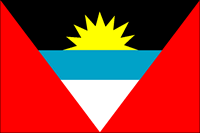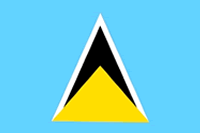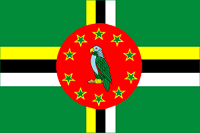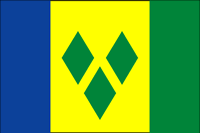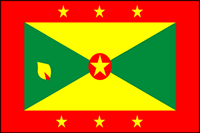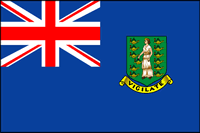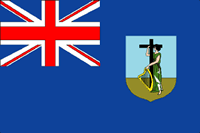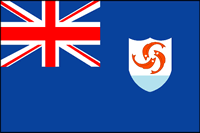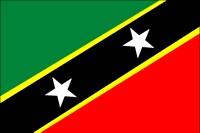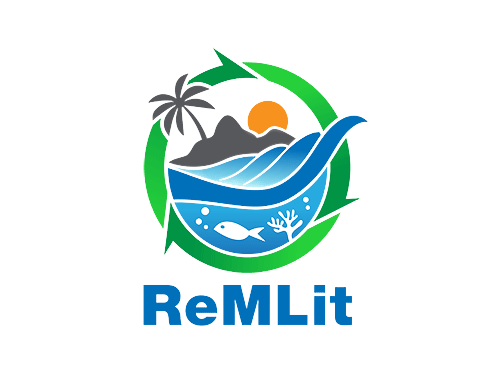
Reducing Marine Pollution in the Eastern Caribbean (ReMLit)
The marine space of the Eastern Caribbean ranks among the highest in the Western Hemisphere for endemic marine species and concentration of biodiversity. This economic arena supports an array of livelihoods, amounting to up to 30% of the labour force in some OECS Member States; the marine space supplies food, important goods and services, and contains untapped resources that can be extracted for commercial trade. Being 85% larger than the OECS land mass, the marine environment renders the OECS region ideally suited to transition to and sustain a Blue Economy.
Marine pollution in the Eastern Caribbean is a threat to the development of a sustainable Blue Economy . In view of their significance to the Blue Economy thrust, water quality and marine pollution are areas of priority focus of the Eastern Caribbean Regional Ocean Policy (ECROP) developed by the OECS Commission through the Ocean Governance and Fisheries Unit. The 2019 World Bank study on the state of Marine Pollution in the Caribbean: Not a Minute to Waste found “unprecedented pollution” in the region. The OECS countries registered “a significant level” of agricultural run-off, with solid and liquid waste forming 80% of marine waste, with the prevalent pollutants being plastics, sewage, oil and chemicals.
Therefore reducing marine pollution in the Eastern Caribbean is one of the priorities of the OECS which drives the Blue Economy agenda in the region. This issue is being adressed through the implementation of one major project: the Building Resilience in the Eastern Caribbean through Reduction in Marine Litter (ReMLit) project.
The Building Resilience in the Eastern Caribbean through Reduction in Marine Litter (ReMLit) Project
The Building Resilience in the Eastern Caribbean through Reduction in Marine Litter (ReMLit) Project is a 27 million Norwegian Kroner (approximately US$ 3 million) project implemented under the OECS Ocean Governance and Fisheries Programme with funding support from the Government of Norway. The ReMLit project which aims to reduce and control marine pollution in the Eastern Caribbean was launched in 2019 and is expected to be completed by 2022.
Project Status and Accomplishments to Date
Beneficiary Countries:
The ReMLit Project is supporting six OECS Member States through project funding and technical advice that will help create the environment for change and adress marine pollution in the Eastern Caribbean. View the fact sheets of projects being implemented in each Member State:
Goals
The ReMLit project is pursuing three main objectives:
- enhancing policy and legislation for effective reduction and management of waste,
- increasing the awareness of issues relating to marine litter and,
- undertaking concrete interventions to reduce and control litter in the marine environment.
These objectives support priority actions under the Eastern Caribbean Regional Ocean Policy (ECROP), an OECS-wide framework for regional coordination of sustainable development, management and conservation of ocean resources. ReMLit’s objectives support priority actions under the ECROP strategic action plan (ECROP SAP), specifically Priority 3: Promote Sustainable Economic Development; and Priority 4: Reform Ocean Governance.
Activities
In order to reduce marine pollution in the Eastern Caribbean and raise awareness on the issue of marine litter in the OECS region, the ReMLIT project is implementing a 6-point approach to:
- Enhance the enabling environment and coordinating mechanisms for waste management,
- Create an enabling environment to facilitate new business opportunities or stimulate existing initiatives for material recycling, reuse or/and substitution
- Develop fiscal and other incentive programs (for businesses and households) to reduce plastics and Styrofoam use, and encourage sustainable production, recycling and reuse where appropriate,
- Develop a strategy to improve the transboundary/transnational movement of plastics and other waste within the OECS to enhance economies of scale and provide affordable secondary raw materials for waste recycling enterprises.
- Support enhancement of national policy, legislation and fiscal incentive frameworks.
- Develop and implement community-based interventions that contribute to reducing marine litter.
In order to undertaken these activities, the ReMLit project supports and directly engages with policy-makers, technical personnel and middle management, agencies responsible for ocean governance Biodiversity and Ecosystems Management, private sector and other relevant civil society agencies and communities in each participating country.
Resources on Ocean Governance and Blue Economy in the Eastern Caribbean
Access more resources on Ocean Governance and Blue Economy in the Eastern Caribbean via the OECS Library.
Partners of the project
The OECS, through the Ocean Governance and Fisheries Unit partnered with the Government of Norway to achieve the reduction of marine pollution in the Eastern Caribbean through the implementation of the ReMLIT project.
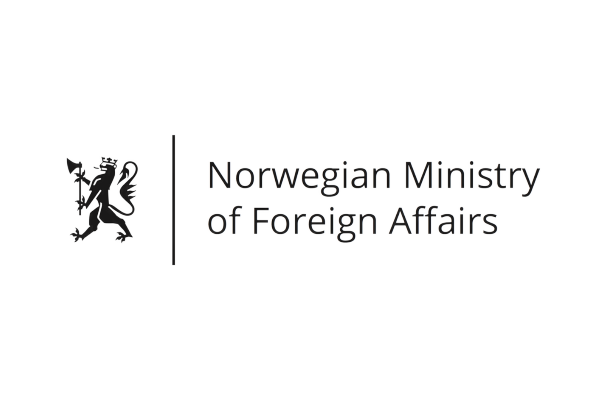
Contact the OECS Ocean Governance and Fisheries Unit
Project Manager
Tel: +1 (758) 455-6342
Email: susanna.dscott@oecs.int
Partners in Ocean Governance and Blue Economy in the Eastern Caribbean
The OECS has been partnering for multiple years with international agencies who support projects developed in the area of Ocean governance and Blue Economy in the Eastern Caribbean.
